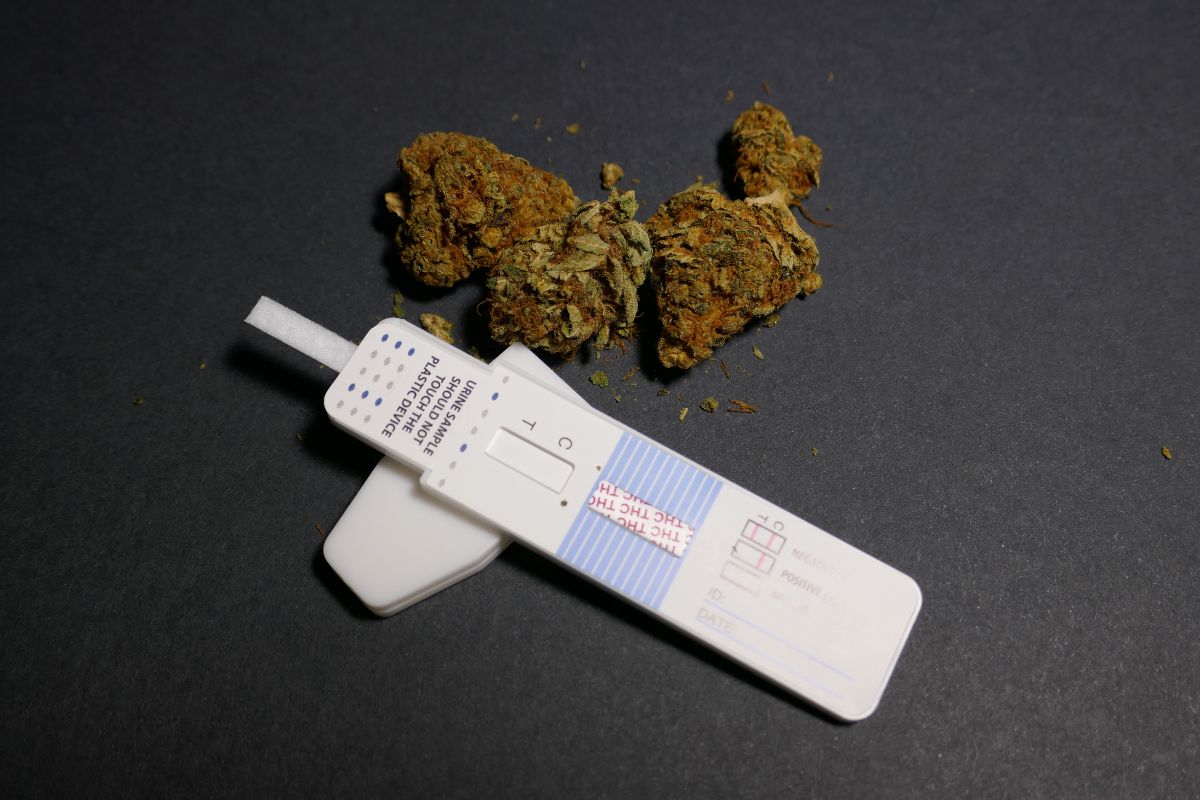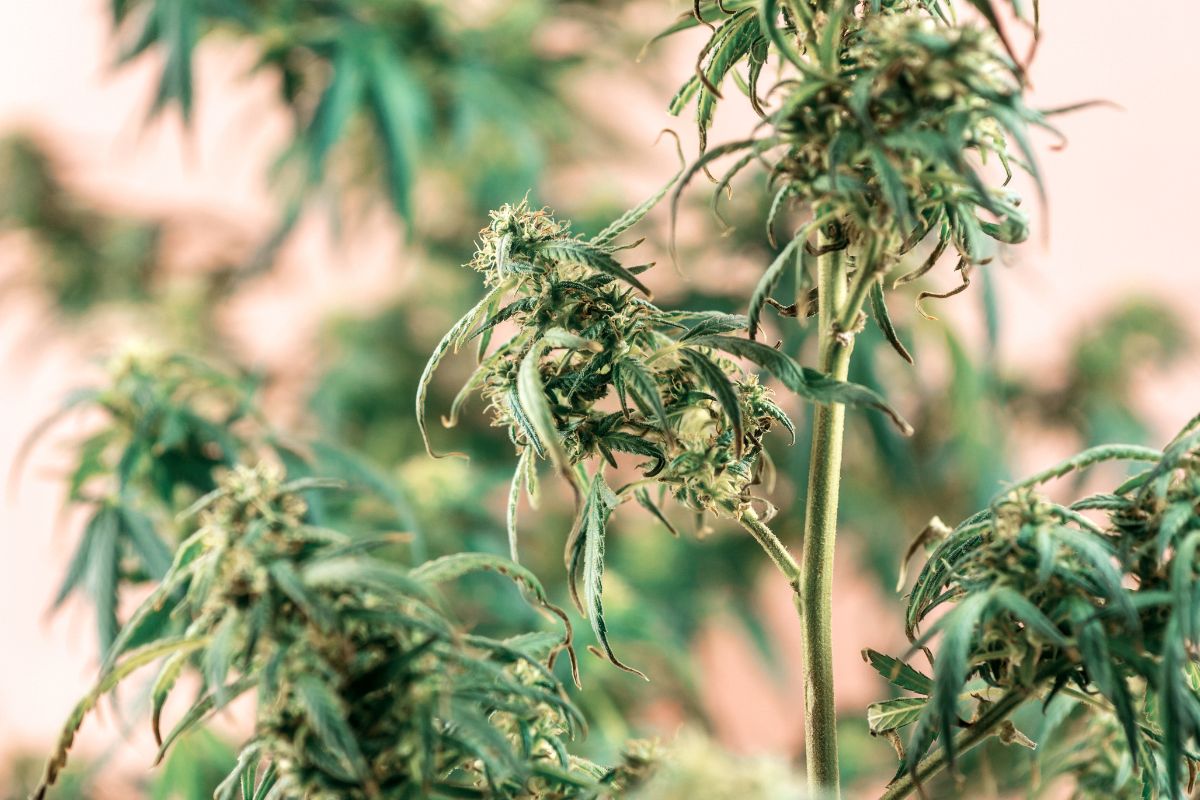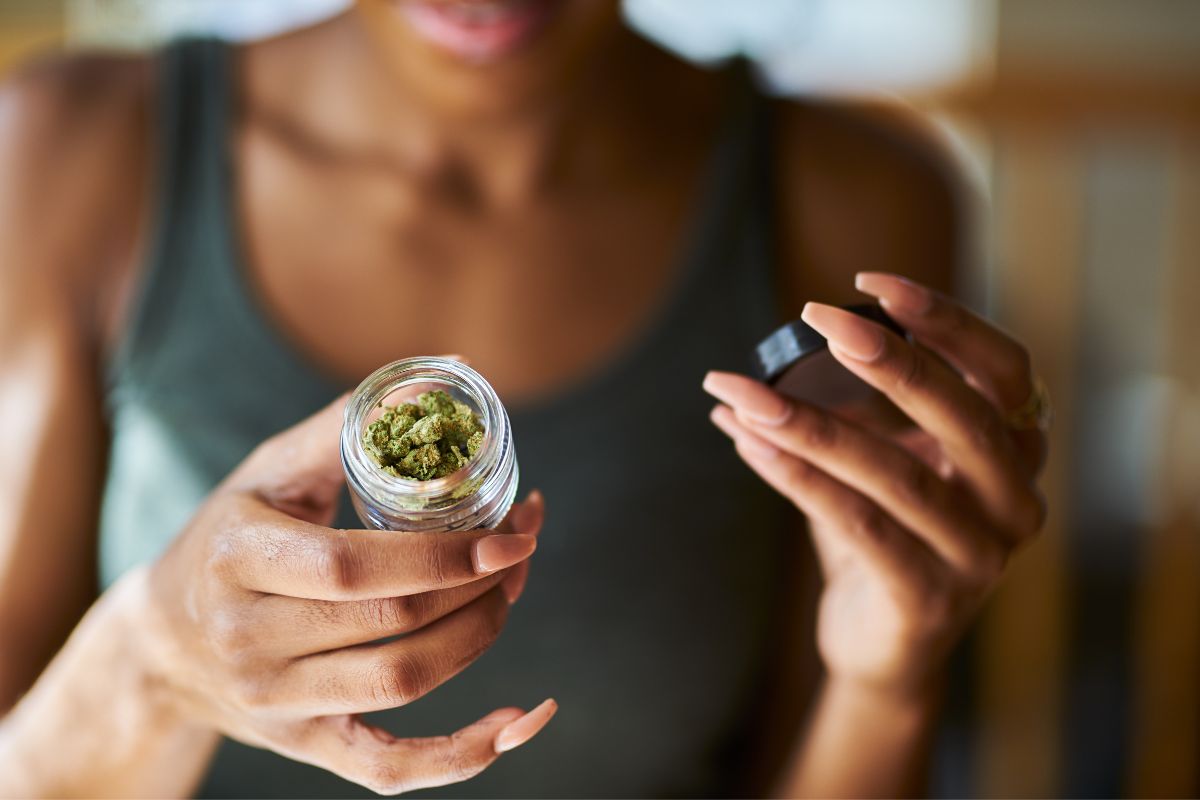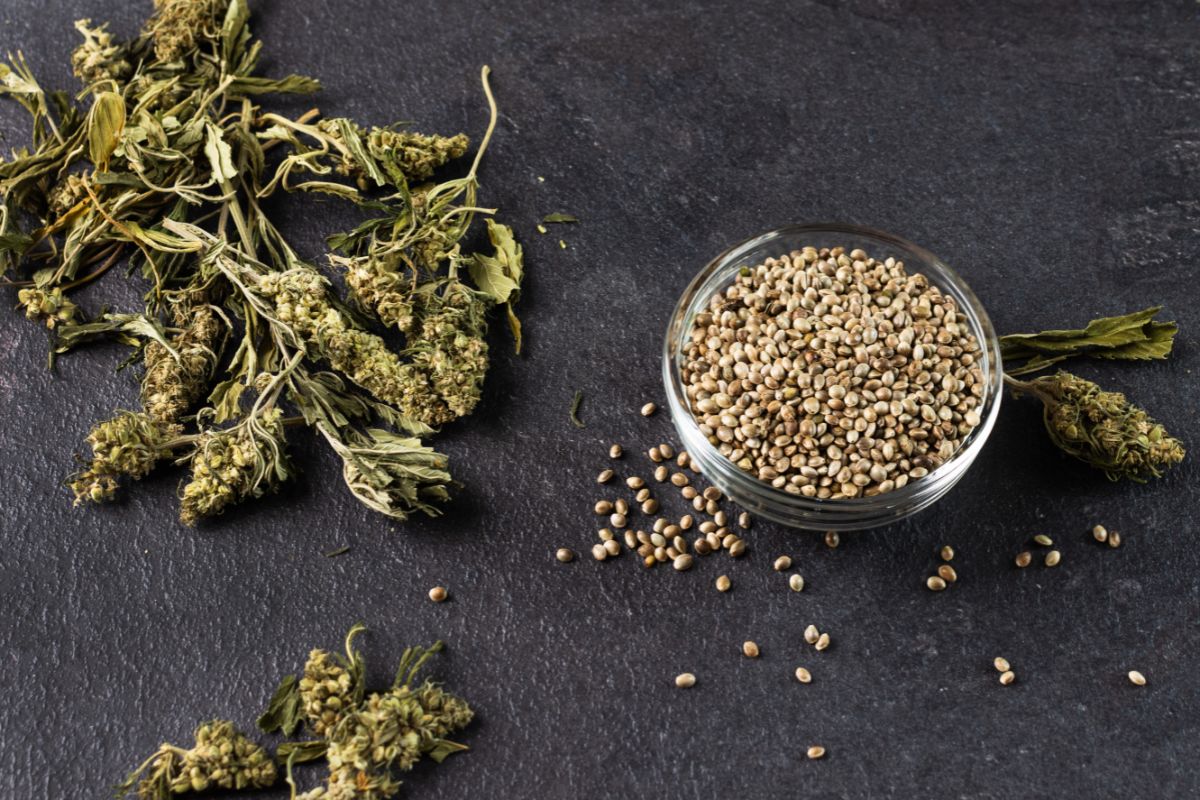If you are interested in smoking cannabis, either for medicinal or recreational purposes, then you might have heard of THC and its less-common cousin, THCA. It is not helpful that these two contain so many similar letters, as they are very different beasts.
THC is the psychotropic or active component of cannabis, basically the part of the weed that is responsible for the high that you get when you smoke or ingest it.
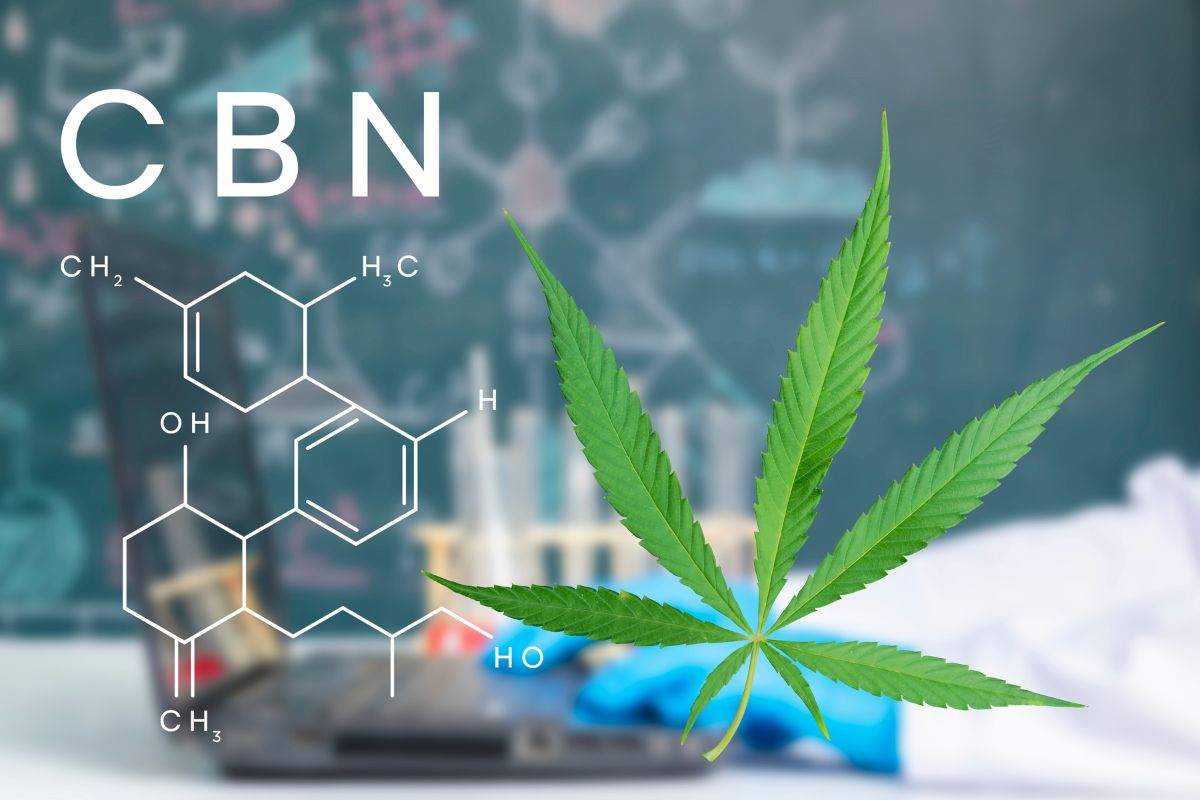
THCA is the non-psychoactive element of cannabis and is found in freshly harvested cannabis crops.
But why does it matter about the differences between these two? How can they affect you? It is worth noting the difference between these two things, as you can better gauge the effect they will have on your body and mind.
What Is THCA?
This is the stuff that you naturally find in cannabis, and it is the inactive component. In basic terms, THCA will not get you high at all (see also “How To Get High“). A cannabis plant will only produce THCA, it will not produce THC. Then how is THC taken from a cannabis plant?
This happens through a process that is called ‘decarbing’, which is when THCA loses a carboxylic acidic group through heating via different methods.
Once this occurs, then THCA turns into THC, thereby becoming an active element that gets you high.
There are many heating processes that cannabis goes through that can turn THCA into THC, here are the main ones:
1. Exposure to sunlight – this will trigger the decarboxylation process that promotes the creation of THC. This is how THC ‘naturally’ occurs in cannabis plants out in the wild before they are harvested.
2. Increase in room temperature – this is the method by which growers artificially cultivate THC in their cannabis plants.
3. Direct vaping or smoking exposure – this is another method that is used to artificially create THC in cannabis plants.
Now we’ve had a look at some of the reasons how this happens, then let’s look at some of the reasons why you would want this to happen by studying some of the benefits of THCA and THC.
The Positives Of THCA
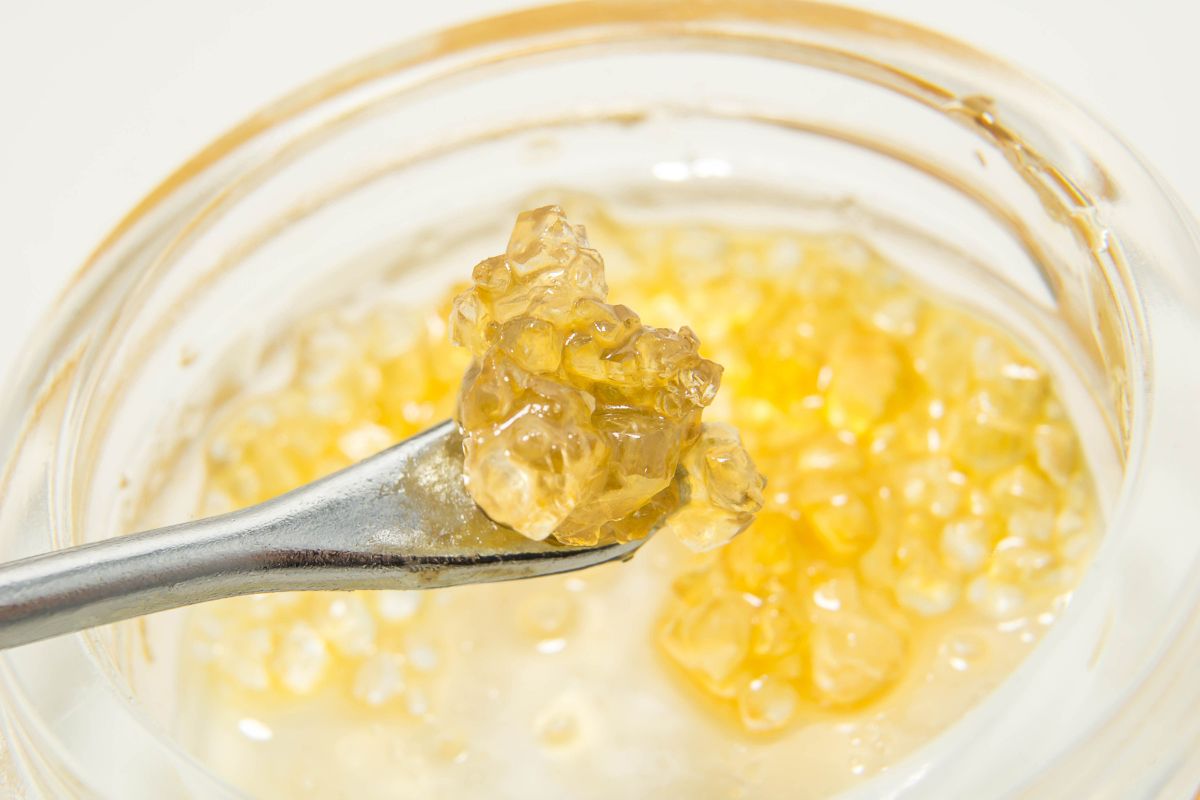
There are a lot of potential health benefits in THCA, one of the main ones being its therapeutic properties.
Here are a few speculated issues that THCA can help to rectify:
- Anti-inflammatory – This has been said to decrease the number of enzymes that are involved with inflammation. There have been some studies that have shown that they inhibit pain and swelling, especially in the joints and the back, which are often difficult to treat with conventional medicines.
- Neurodegenerative diseases – THCA has been suggested to help alleviate the effects of diseases of the brain such as Parkinson’s and Alzheimer’s.
- Anti-nausea – If you are experiencing sickness, the non-active component of cannabis can be shown to reduce some of these symptoms. This is often used by people who prefer alternative methods of healing to pharmaceuticals.
- Obesity – THCA has been shown to help people who suffer from obesity. This can also help with some of the side effects of obesity such as diabetes and fatty liver disease. It reduces insulin resistance and helps with regulating glucose levels.
What Are The Benefits Of THC?
There have been many studied benefits of THC, which is why a lot of people smoke or ingest it in the form of medical marijuana.
Here are some of the known benefits:
- Alzheimer’s disease – this has been shown to reduce some of the pain-related symptoms that are related to neurodegenerative diseases.
- Appetite loss – If you have ever smoked weed and experienced the ‘munchies’, then you’ll know that this is a very common side effect of smoking marijuana.
- Cancer – some basic research on this topic has shown that cannabinoids kill cancer cells, although the results of these tests are inconclusive.
- Crohn’s disease
- HIV/AIDS – this helps to promote weight loss, which is a common side-effect of this illness.
- Multiple Sclerosis (MS) – this is said to relax tight muscles, a symptom that often happens with this condition.
- Eating disorders such as anorexia – this is because of the appetite stimulation that occurs after you smoke or ingest weed.
- Epilepsy – There have been many studies that suggest that the number of seizures that occur is dramatically reduced after marijuana is ingested on a regular treatment basis.
- Glaucoma
- Schizophrenia
- Posttraumatic Stress Disorder (PTSD)
- Muscle spasms
- Nausea
- Pain
What Is The Legality Of THCA And THC?
This will all depend on what part of the world that you live in. As THCA leads to the production of THC, then the chances are if THC is illegal, then THCA will also be prohibited.
The FDA lists marijuana as a Schedule 1 drug, which means that it is illegal. This is due to the likelihood of abuse owing to the THC component.
THCA is not mentioned in this legislation, although we would suggest that you steer clear, simply because THCA and THC are connected.
How Can I Take Medical Cannabinoids?
If you have been prescribed medical cannabinoids, then there are a few manners in which you can ingest it:
- Smoking – this is the more traditional method, although you will want to avoid it if you are experiencing respiratory issues.
- Vaping – this is a less aggravating form of inhalation.
- Eating – you can have this as an ingredient in a brownie or you can blend it in a smoothie.
- Lotion – you can rub this on your arms and wait for it to be absorbed into your skin.
- Liquid – this takes the form of a few drops under your tongue.
Conclusion
We hope that this guide to THCA and THC has helped you to understand what each one is used for and what their effects are on the human body.
There are many benefits to taking both of these, although you must check the legality in your area before purchasing or distributing.
- 5 Best Weed T-Shirts For Women - June 26, 2023
- What To Wear To A Cannabis Café: 10 Awesome Options - June 26, 2023
- What Is Stoner Girl Clothing? All You Need To Know - June 26, 2023



